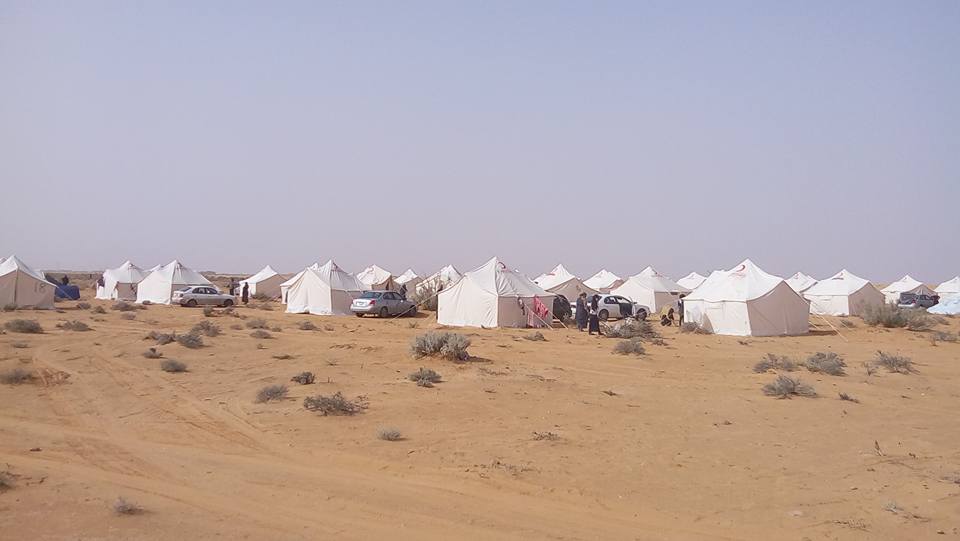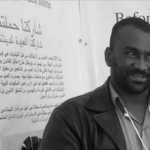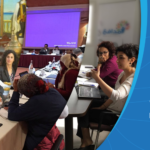Defender Center launches its research project on marginalised groups
Research studies on Marginalised groups in Libya.
CHRDA is launching its research project “Research studies on Marginalised groups in Libya”, The research is an attempt to shed light on the deep problems faced by the Marginalised groups and the fragility of their legal and social status, along with the legal obstacles they face. Moreover, the research is an attempt to find appropriate solutions and proposals to address their situation.
The issue of marginalised groups is considered to be one of the most critical, complex, and dangerous topics that overlap human rights, social, economic, political and security issues, and it is steadily increasing in both developing and developed countries, while these conditions are getting torn in countries that suffer from political and economic instability.
Since the issue of marginalised groups is a global problem, it has developed into a phenomenon that imposes itself and attracts the attention of those concerned with human development and human rights.
Given the absence of a specific, inclusive definition of marginalised groups due to the multiple factors that led to the emergence of this social problem, and any attempt by us, as CHRDA, to define the conceptual framework from which our study will be based, the angle of the solution can be determined by considering marginalised groups as different groups within a specific culture, context, or history, with a risk of discrimination due to the interaction of different personal characteristics or foundations, such as gender, age, race, religion, belief, health status, disability, sexual orientation or gender identity, education, income or living in different geographical locations. Marginalised groups suffer from neglect by state institutions, weak legislative protection, and from being ignored by society.
The situation in Libya:
The current political crisis in Libya and its military and security implications are negatively reflected on marginalised groups, given that it has directly affected the state of political and institutional division in the absence of a political will. Moreover, there is a lack of attention by officials to improve the status of these groups and develop mechanisms of protection and support in light of a weak legislative structure that does not provide the lowest conditions of assistance and stability.
The economic factor is also essential for marginalised groups, as it deepens harmful discrimination against them and increases their vulnerability; they are rapidly affected by weak services, lack of liquidity, economic inflation, and unemployment, and the social factor and cognitive barriers, customs, traditions, and stereotypes reflect negatively on their living conditions.
It should first be emphasised that the marginalised groups in Libya are multiple and difficult to approach in a comprehensive and integrated study.
That is why we, as CHRDA, focus on four categories, which are defined in our view as the most vulnerable and most affected because their presence is not linked to a specific region, and they are distributed over all over the country. They are:
People with special needs
Women
Juveniles
Migrants and asylum seekers.
Aim of the study:
The study aims to diagnose the situation of marginalised groups in Libya and analyse the legislative and legal problems facing them, and to put in place mechanisms to enhance their protection. It is focused on processing and developing legislative texts and their suitability for international standards to suggest practical recommendations that can improve their legal and social environment.
It is noteworthy that this study falls under the supervision of a few writers and specialist researchers who possess advanced legal and humanitarian culture in addition to previous writings characterised by scientific composure and academic methodology.




Leave a Reply
Want to join the discussion?Feel free to contribute!